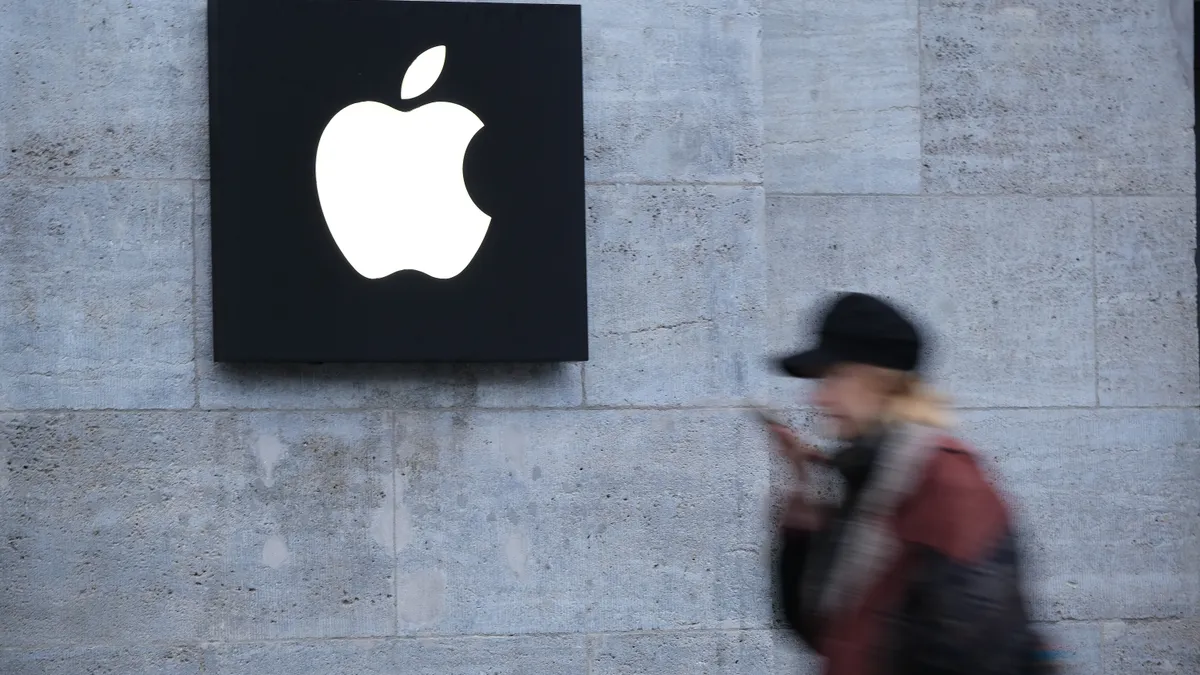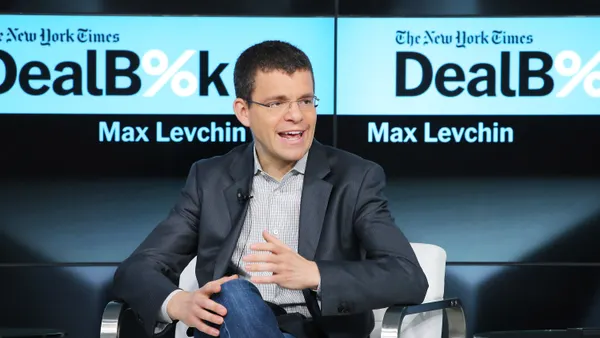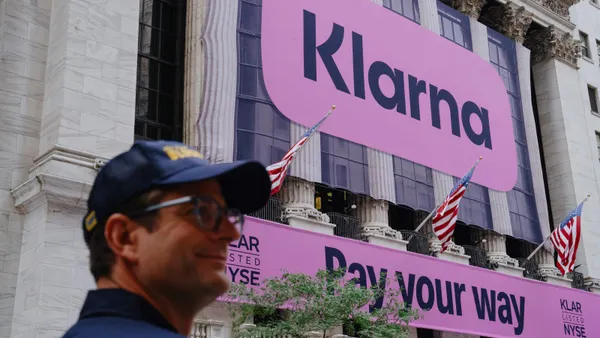The Justice Department lawsuit against Apple suggests banks have been victims of Apple’s antitrust infractions, noting that fees the banks must pay when consumers use credit cards are “a significant new cost.”
“Apple has charged issuing banks 15 basis points (0.15 percent) for each credit card transaction mediated by Apple Pay,” the DOJ said in its formal complaint Thursday. “Apple’s fees are a significant expense for issuing banks and cut into funding for features and benefits that banks might otherwise offer smartphone users.”
Cupertino, California-based Apple tightly bundles Apple Pay, its payments service, with Apple Wallet, a digital wallet app available on its smartphones. The lawsuit called Apple’s fee for card transactions “its own form of an interchange fee on banks.”
“The depiction of financial institutions as helpless victims is odd,” Barak Orbach, a law professor at the University of Arizona, said in an email. “Credit cards are highly profitable for financial institutions.”
The claim that bank innovation is being stifled by Apple’s fees will greatly depend on what supporting evidence the DOJ can bring out during the trial, said Bill Kovacic, a law professor at George Washington University who was formerly chair of the Federal Trade Commission. In an interview, Kovacic asked rhetorically: “Are you saying that banks don't have enough resources to do innovative things right now — really?”
The lawsuit also notes that rival smartphone companies Google and Samsung do not charge a similar card transaction fee. That’s something Apple could use to defend itself against the claim that it stifles innovation, Kovacic said.
Apple will argue that it charges a premium for security, Orbach said. “There may be debates over the fee charged by Apple, but it is a payment for a service it provides,” he said. “Under U.S. antitrust law, high prices aren’t a violation.”
But Kovacic noted the tech giant will also be forced to back up those claims with internal documents, a rare look into a company known for its secrecy.
“Do those documents say anything about providing this better experience or greater assurance for users?” he said. “Or do they say something like, ‘this is just a nice contribution to the bottom line and we're in a position to collect it’?”
Kovacic said he expects Apple to fight to protect these fees, which it projects will bring in $1 billion in global revenue by 2025, according to the DOJ complaint.
Apple did not immediately respond to questions about how its fees for credit card transactions affect banks and consumers.














